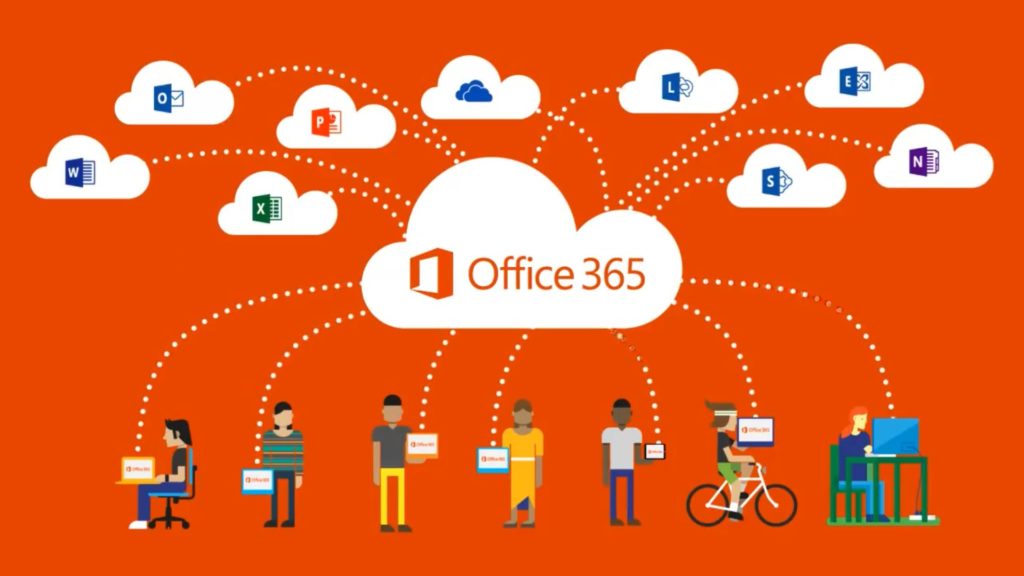If you’ve recently invested in Office 365 then you’re probably still trying to work out everything that it can do for you. It offers a multitude of unique benefits to the end-user but before you concern yourself with any of this, have you set up the second factor authentication? It makes your account so much more secure and will keep protect who can access it.
Now that you’ve got your account all set up and secure, what are some of the most useful features? There are lots – such as accessible Microsoft Office applications available on any device from anywhere in the world, particularly if they are using SharePoint tools from a company similar to Cognillo for their business tool needs. All a user requires is an internet connection to create and collaborate on their mobile, desktop or tablet. But how can it be used to improve your email system?
Contents
Benefits of an Office 365 Email Archive
Despite the many advantages of the cloud service, Office 365 fails to offer the security and functionality many businesses are looking for. Monitoring your Microsoft Exchange environment can help in this regard, especially if you are experiencing outages on one or more parts of your network. But redundancy can also be an issue, as multiple copies will only be stored within the same environment, which creates a single point of failure.
Also read:
Common Issues occurring In Access Control
4 Benefits of Email Marketing Services
7 Tactics To A High-Converting Facebook Retargeting Campaign
Fortunately, Bytes can provide the email solution you have been looking for as the UK’s leading Microsoft reseller can provide an Archive Office 365 solution to support the cloud. We are therefore looking at the four biggest benefits of a third-party Office 365 email archive.
1. Storage and Management
Office 365’s email archive’s migrating and managing legacy data is both insufficient and limited, which can often deter some companies from deploying the cloud service. Fortunately, a third-party email archive can provide the solution you have been looking for, as it can offer the storage and management support you need for emails, Lync IM conversations and files. It is, therefore, an affordable, efficient alternative to on-premises storage because your company can avoid paying for expensive hardware and software, as well as for additional IT technicians to set-up and fix any issues.
2. Easy Discovery of Emails
In addition to improved storage and management of the email archive, you can also locate any sent or received file within a matter of seconds. Not only can this improve your company productivity, but it can also minimize the time a business is required to adhere to eDiscovery, compliance and litigation requests. Combined with an email encryption solution, it has never been easier to send and receive safe and secure emails automatically.
3. Improved Email Security
Every modern business should look for ways to heighten their security levels. It goes without saying that every organisation will want to prevent eavesdroppers from stealing their data, as mentioned, redundancy can be an issue for Office 365’s email archiving. However, a third-party Office 365 email archive can be the perfect option, because it can provide three encrypted copies of every email that will be stored in separate locations.
4. Improved User Experience
With greater storage capacity and the ability to easily meet compliance obligations, you can enjoy an improved user experience. It has therefore never been easier to both centralize and streamline your company’s control, security and governance of data retention policies.
Conclusion
80% of Fortune 500 companies are now using the cloud to power their daily operations. Why? Because it offers the security, accessibility and productivity businesses are looking for to modernize their operations and become more creative.
While you might be a little hesitant to migrate to the cloud due to poor functionality or security of Office 365’s email archive, it does not have to be a problem when combined with dependable, supportive third-party tools.
